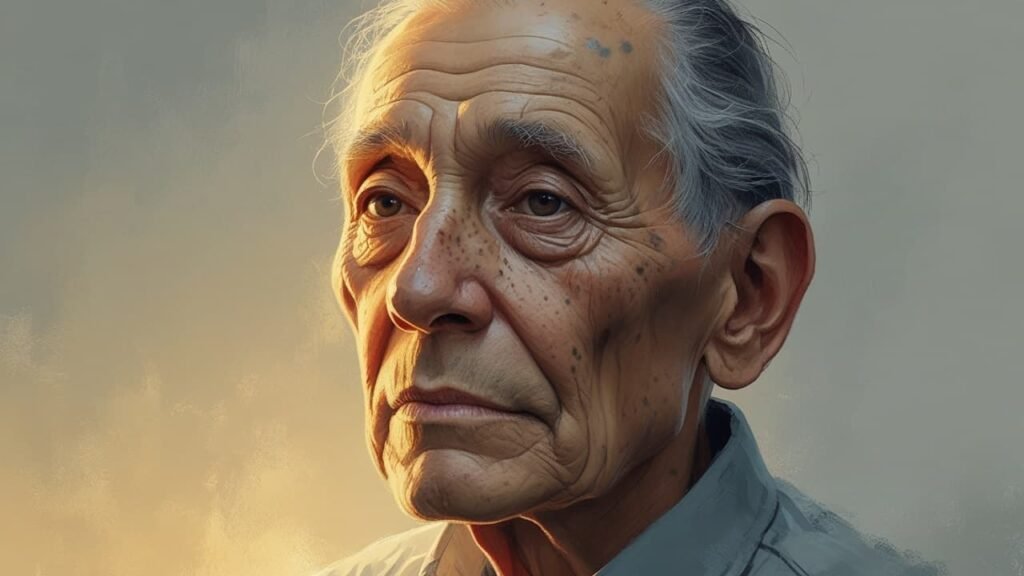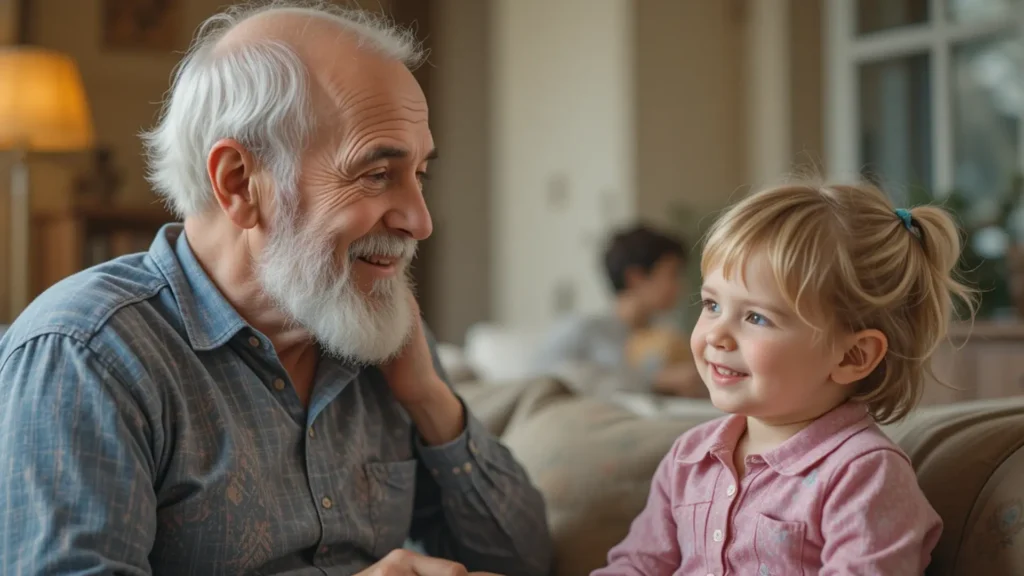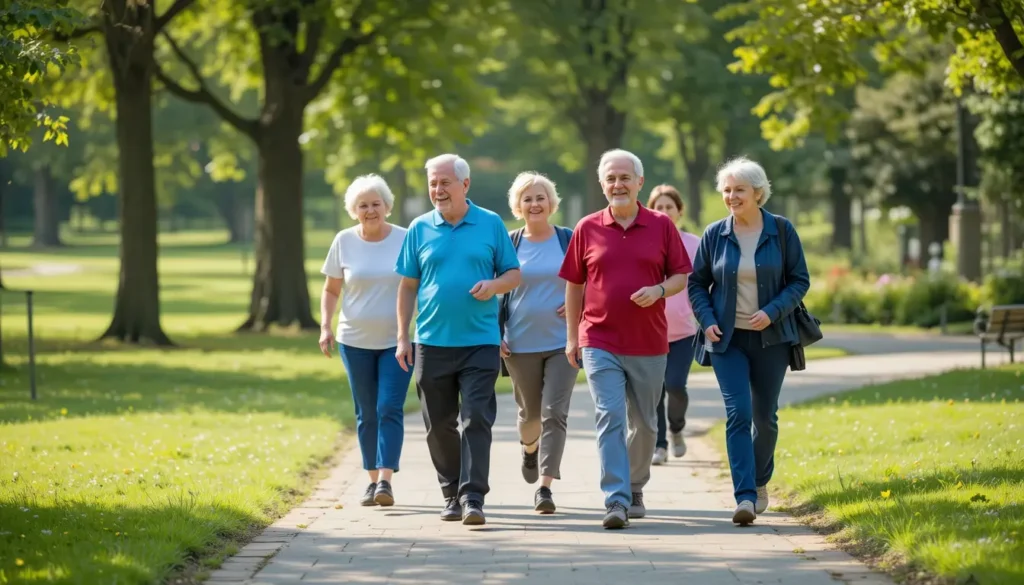Aging is a universal process that every living being experiences. It is the natural progression of life. Some view aging as a curse—a decline in vitality, beauty, and independence. Others see it as a blessing, a testament to survival, wisdom, and accumulated experience.
The question of whether aging is a blessing or a curse has intrigued philosophers, scientists, theologians, and individuals for centuries.
To answer this question, we must delve into its multifaceted dimensions: biological, emotional, societal, and existential.
The Biological Perspective
Aging, at its core, is a biological process driven by complex interactions between genetics, cellular function, and environmental factors. From a purely scientific standpoint, it represents the gradual decline in the body’s ability to maintain homeostasis. This decline affects every system in the body.
At the cellular level, aging is characterized by a phenomenon known as cellular senescence. As cells divide repeatedly throughout life, they accumulate damage to their DNA and other components. Over time, this damage triggers a state where cells stop dividing but remain metabolically active, secreting inflammatory molecules that contribute to tissue degeneration.
These “zombie” cells are implicated in many age-related diseases.
Arteries stiffen due to the buildup of plaque (atherosclerosis), increasing the risk of hypertension, heart attacks, and strokes. The heart muscle itself weakens.
Bone density decreases. Muscle mass diminishes. Neurons lose connections and die off. Impair cognitive functions.
The cumulative effect of these biological changes manifests in chronic illnesses that dominate later life. These health challenges make aging feel like a curse, especially in societies where youthfulness and productivity are highly valued.
Chronic pain, limited mobility, and dependency on caregivers erode quality of life, create a sense of loss and frustration. However, it’s important to recognize that these outcomes are not universal; lifestyle choices, genetics, and access to healthcare play significant roles in determining how well someone ages biologically.
Despite the inevitability of biological decline, aging also symbolizes resilience—a testament to the body’s remarkable ability to adapt and endure.
Consider the sheer number of threats humans face over a lifetime: infectious diseases, injuries, nutritional deficiencies, exposure to toxins, and psychological stressors. Each day lived is a victory against these odds.
Historically, reaching old age was a rare achievement. In pre-industrial societies, life expectancy hovered around 30–40 years due to high infant mortality rates and lack of medical interventions. Today, thanks to advancements in sanitation, antibiotics, vaccines, and surgical techniques, global average life expectancy has soared to over 70 years.
Modern medicine continues to push the boundaries of longevity. Breakthroughs in regenerative medicine, stem cell therapy, gene editing, and anti-aging research hold promise for mitigating some of the worst effects of aging.
Biologically speaking, aging presents a paradox: it is both a consequence of survival and a source of vulnerability. On one hand, the same processes that allow us to grow, reproduce, and thrive eventually lead to wear and tear. On the other hand, the fact that so many people now live into their 70s, 80s, and beyond reflects extraordinary advances in science and public health.
This duality invites us to reframe our understanding of aging. Rather than viewing it solely as a period of decline, we can appreciate it as a phase of adaptation and transformation.
Even amidst physical limitations, older adults develop compensatory strategies, drawing on decades of experience to navigate challenges creatively and resourcefully.
The Psychological Dimension
One of the most profound aspects of aging is the accumulation of knowledge and experience. Older adults possess insights gained through decades of navigating relationships, careers, failures, and successes. They tend to develop greater emotional regulation, empathy, and perspective-taking abilities.
Studies show that older individuals frequently report higher levels of happiness and contentment compared to younger counterparts, partly because they prioritize meaningful connections and activities over superficial pursuits.
Despite its potential blessings, aging also poses significant psychological hurdles. These challenges stem from biological changes, social dynamics, and existential concerns, making aging feel like a curse for some individuals.
One of the most feared aspects of aging is the gradual decline in cognitive function. Dementia and Alzheimer’s disease rob individuals of their sense of identity and independence. Losing the ability to recognize loved ones, and perform basic tasks can be devastating for the affected individual, their caregivers and families.
Loneliness is a pervasive issue among older adults. Retirement, relocation, and the death of peers shrink social networks. Chronic loneliness has been linked to increased risks of depression, cardiovascular disease, and premature death. For some, the absence of meaningful connections turns aging into a deeply isolating experience.
Societal Implications
Society plays a crucial role in shaping how aging is perceived. In cultures that revere elders as repositories of wisdom and tradition, aging is seen as a blessing.
Indigenous communities, for example, honor their elders as storytellers and custodians of cultural heritage. Similarly, Confucian societies emphasize filial piety, where caring for aging parents is considered a moral duty and a source of pride.
In contrast, modern Western societies sometimes marginalize older adults, associating youth with productivity, innovation, and desirability.
Ageism—the stereotyping and discrimination against individuals based on their age—is pervasive in media, workplaces, and even healthcare settings. When society undervalues the contributions of older adults, aging feels like a curse.
At the same time, aging populations present economic and logistical challenges. As birth rates decline and life expectancies rise, countries face increasing pressure to fund pensions, healthcare, and senior care services.
Balancing the needs of an aging population with those of younger generations requires thoughtful policy-making and intergenerational solidarity. How society chooses to address these challenges will determine whether aging remains a burden or transforms into an opportunity for collective growth.
Existential ReflectionsExistential Reflections
On a deeper level, aging forces us to confront existential questions about legacy, and mortality. For some, the awareness of limited time left inspires them to live more intentionally, fostering stronger relationships, pursuing passions, and contributing to causes larger than themselves.
Many find fulfillment in mentoring younger generations. In this way, aging becomes a blessing—a chance to leave behind something meaningful.
For others, however, the inevitability of death looms large, casting a shadow over their golden years. Fear of decline, dependency, and oblivion can overshadow any sense of accomplishment. This fear is not irrational; it stems from humanity’s innate desire to survive and thrive.
Yet, embracing impermanence and finding joy in the present moment can transform this fear into acceptance and gratitude.
Redefining Aging
Rather than viewing aging as strictly a blessing or a curse, perhaps the truth lies somewhere in between. Aging is neither wholly positive nor entirely negative. It is complex, nuanced, and deeply personal. Its impact depends on individual circumstances, societal attitudes, and personal choices.
To redefine aging as a predominantly positive experience, several shifts are necessary:
Encouraging exercise, balanced nutrition, mental stimulation, and preventive healthcare can mitigate many age-related ailments.
Challenging stereotypes and fostering inclusive environments can help older adults remain active participants in society.
Bridging the gap between young and old can create mutual understanding and appreciation, benefiting both groups.
Shifting societal values to celebrate wisdom, resilience, and lifelong learning can counteract the obsession with youthfulness.
Exploring spirituality, mindfulness, and existential meaning can provide comfort and purpose during later stages of life.
Ultimately, aging is neither inherently a blessing nor a curse—it is what we make of it. While it comes with undeniable challenges, it also offers unparalleled opportunities for reflection, connection, and contribution. By reframing our perspective and addressing systemic barriers, we can transform aging into a celebrated chapter of the human experience.




